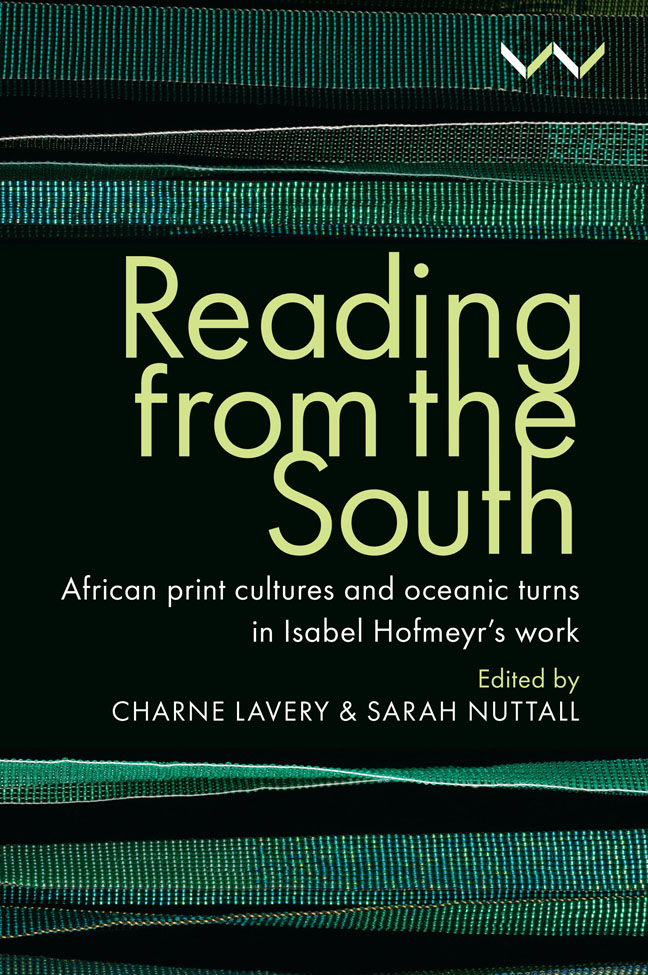Chapter 12 - Wood and Water: Resonances from the Indian Ocean
Published online by Cambridge University Press: 01 March 2024
Summary
This chapter takes off from some crucial disciplinary breakthroughs in Isabel Hofmeyr's work on South Africa and India and the circulation systems of the Indian Ocean world. It also draws on my own experience as a participant in her project Oceanic Humanities for the Global South, particularly a workshop which took place on the Island of Mozambique, or Ilha de Moçambique. I invoke the materiality of the celluloid film; of the tactility of textiles on bodies (and as exchange for human bodies); of ceramics as cargo and ballast, on the ocean floor and as shards washed ashore; and in the signs manifested in the scripts and sounds of vastly different cultures. It is a prelude to putting into words snatches of an ongoing sensorial multimedia project for young people titled Stitching Sails: Rising Oceans.
The intent is ‘to factor in this depth of temporalities forged through a longue durée of connection and disconnection, mobility and dislocation’ (Hofmeyr 2015, 99), and to take in and act on ‘legacies of inequality’ (Hofmeyr 2019b, 2). This precludes a simple reversal of the gaze – from land to sea or from pre-colonial to the colonial-imperial. Wary of distortions caused by templates of ‘national literatures’, even those from the more ‘relational’ discipline of comparative literature, the task would be to subsume ‘these imaginings’ into a ‘much longer archive’ (Hofmeyr 2015, 99). Perhaps also to fundamentally reconfigure ‘the archive’, making the arts – songs, dance, installations and cinema – alongside technological developments in satellite imaging and in marine archaeology, more central to our conceptualisation of the movement (and translocation) of plants, people, faiths and technologies, scripts and languages, currency and objects, raw and finished.
My focus is the word – sounded, transcribed, translated, recorded, chanted and sung. I envision the seas and oceans and their enduring but shifting relationship to what are seen as fixed and distinct land masses, across a diachronic and synchronic axis. Beginning with the Bengal Delta, I track the south-eastern maritime path of the Chinese Buddhist pilgrim Fahian. These vignettes are contrapuntally related to the strains of Sufi traditions in Sindh to the west, and thence to Ilha de Moçambique, off the coast of East Africa. In this reflective and exploratory piece, I have sought to articulate new templates of sound, text and image, testing the tension between historical scholarship on print cultures and the myriad microtones of material cultures in movement.
- Type
- Chapter
- Information
- Reading from the SouthAfrican Print Cultures and Oceanic Turns in Isabel Hofmeyr's Work, pp. 172 - 196Publisher: Wits University PressPrint publication year: 2023

